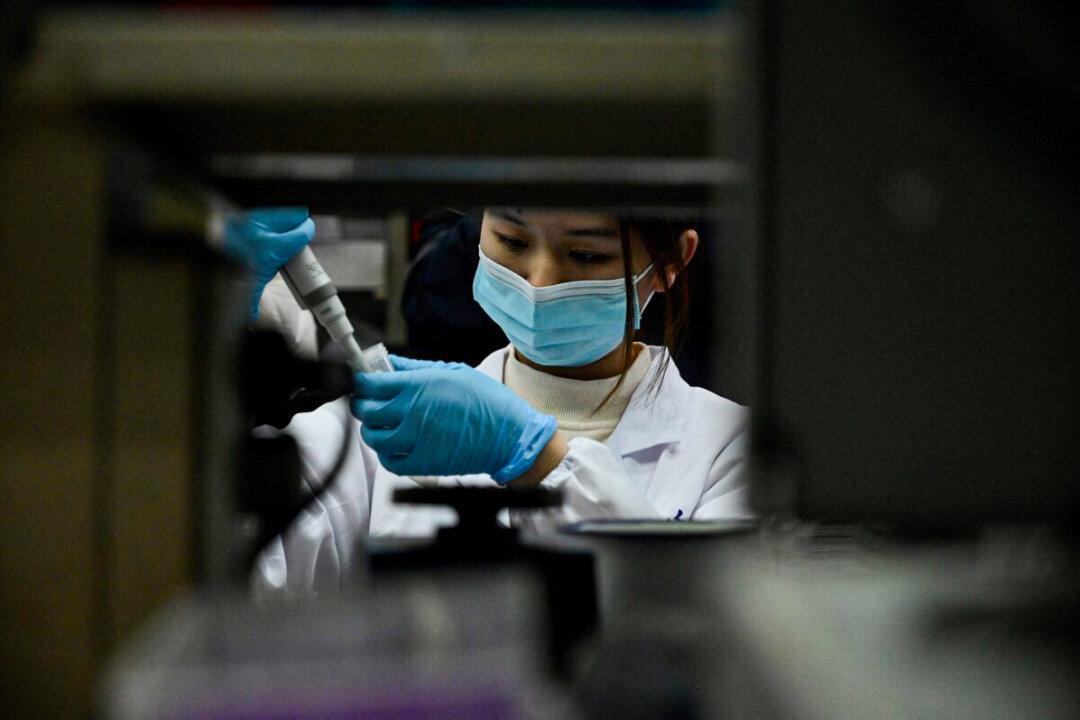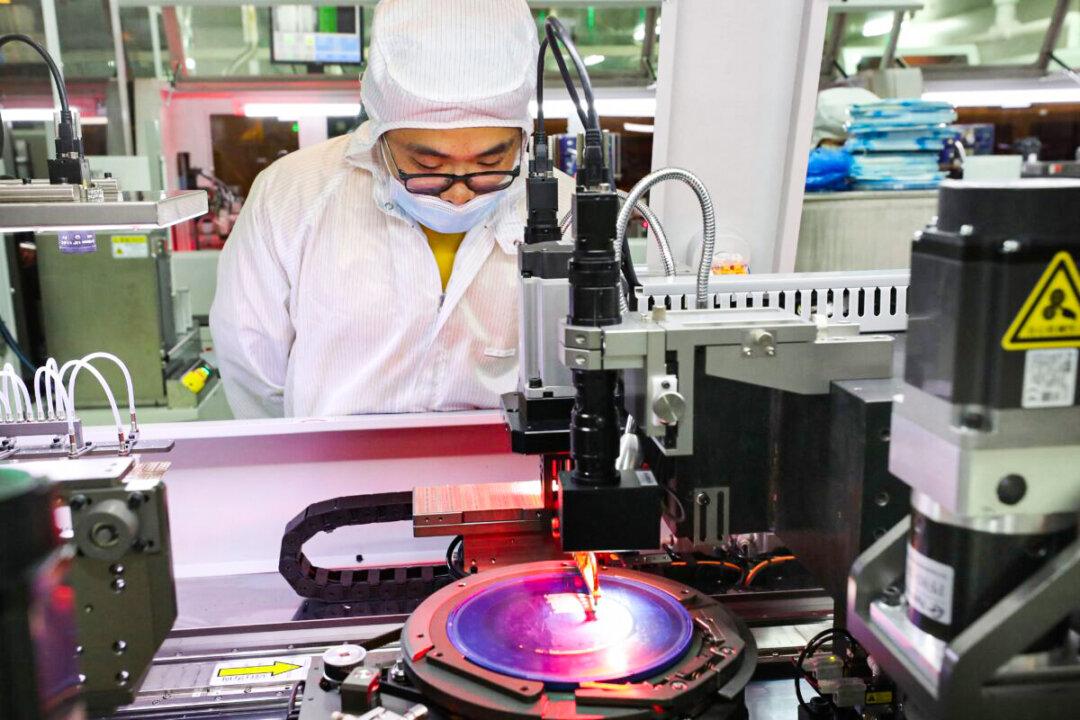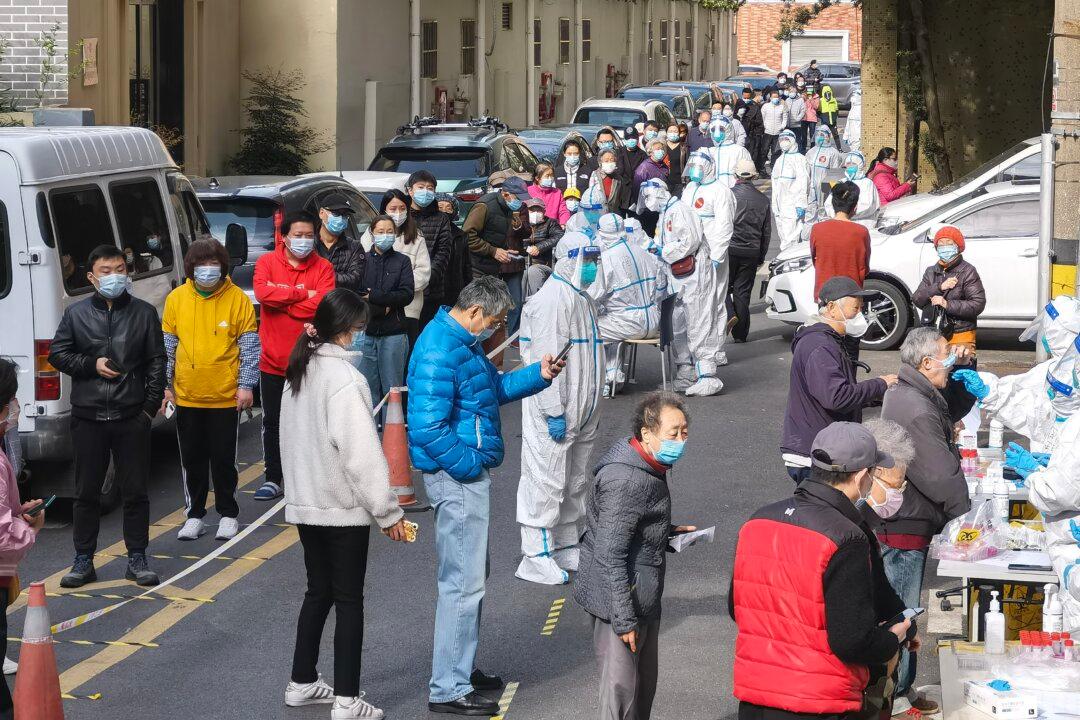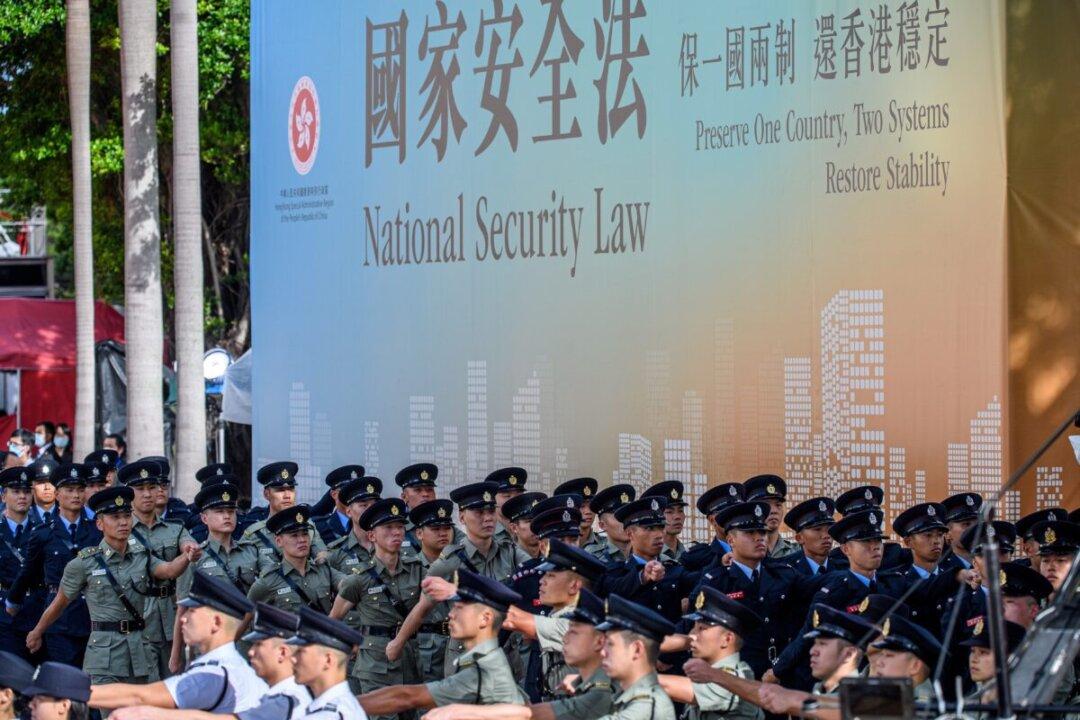China has frequently been at the forefront of peer-review scandals, with numerous fake-paper factories a growing concern in the global scientific community. The country has retracted more scientific papers because of faked peer reviews than all other countries and territories combined, according to a scientific journal watchdog.
The scientific publisher Association for Computing Machinery (ACM) was recently forced to retract 323 Chinese-affiliated research papers that had reportedly undergone a fabricated peer-review process, according to Retraction Watch, a research journal watchdog.





